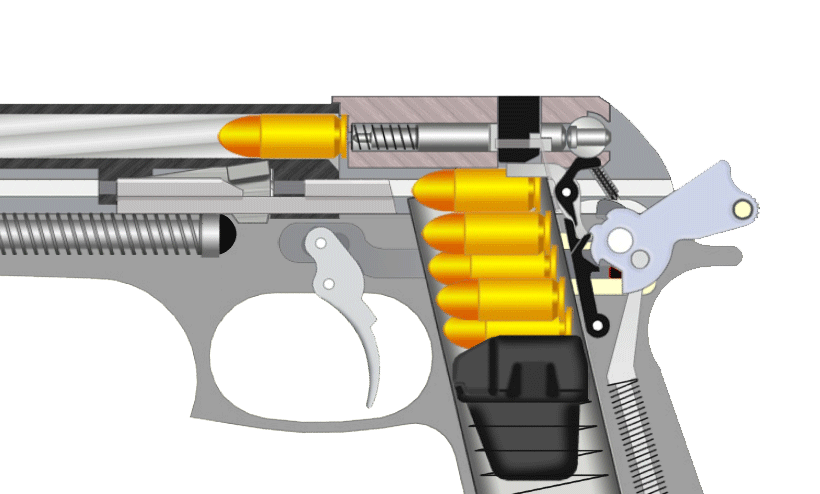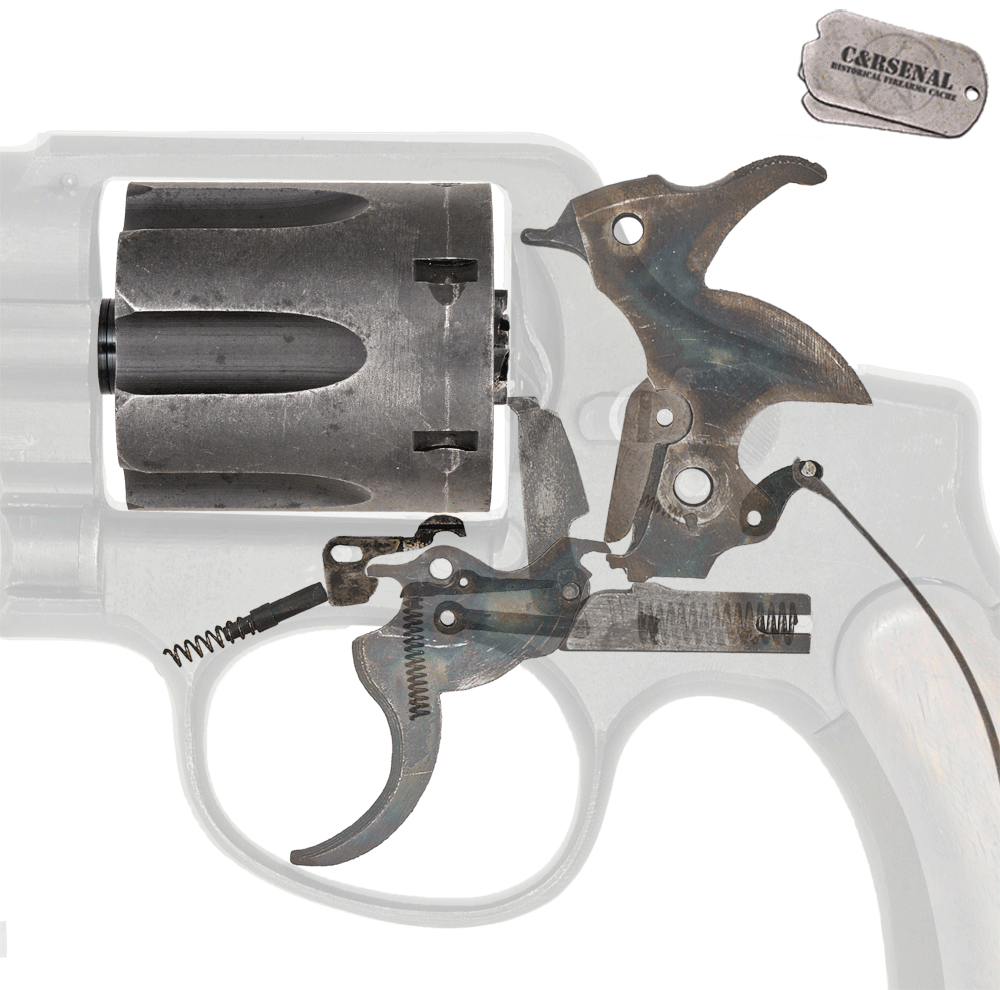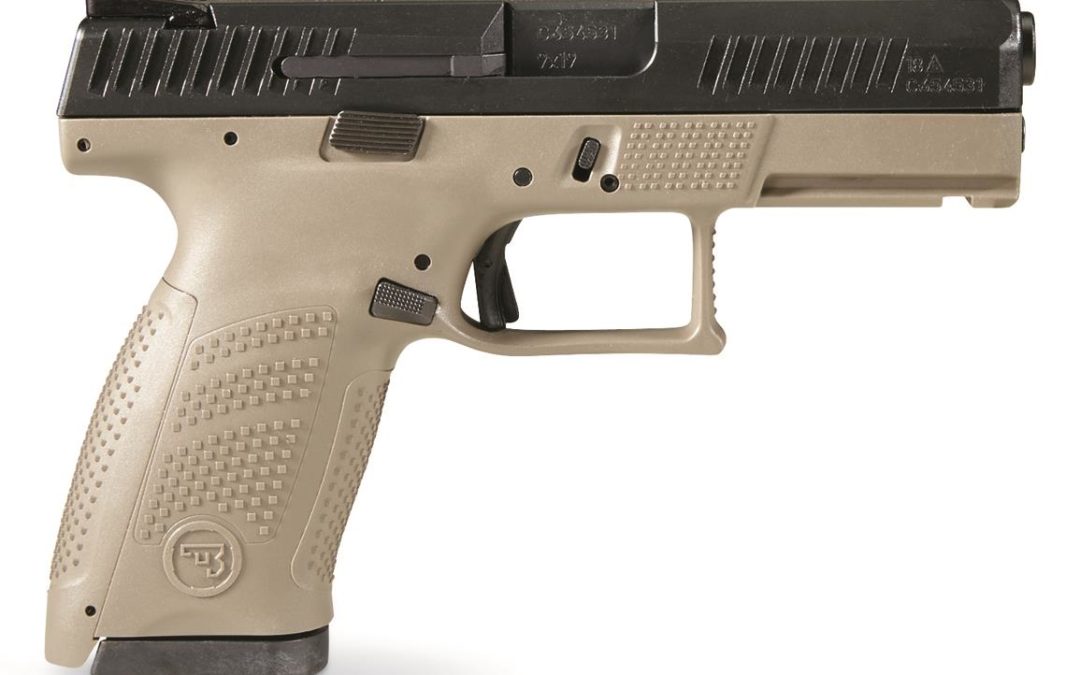If you have never purchased a handgun before or have not purchased one in some time, you might experience angst or hesitancy because you just don’t know what you should do. There is so much myth surrounding what guns are best suited for you that it can be a bit overwhelming to navigate.
We will help you at least understand HOW to select a gun. Hopefully, this will give you the confidence to take the next step.
The most direct route to learning about how to select a firearm is to take a Basic firearm course – even one with no range time.
I want a gun, but which one do I get?
Before we get into selection criteria there is a larger question:
Are you prepared for the responsibility that comes with the right of gun ownership? Are you going to train?
Owning a firearm carries a lot of responsibility. It cannot be taken lightly. If your answer is no, read no further. If you are saying yes, then:
Let’s get started!
I am writing this mostly about selecting a pistol. We have a great guide to our thoughts on the 5 guns everyone should have, which covers other types of firearms. Honestly, it is a good idea to ready that article anyway because it covers a lot of our thinking about why you should get those types of firearms. It even covers makes and models.
Many self-described authorities promote the myth that certain guns are for men and women are relegated to a revolver. The time to assume that a semi-automatic is too complicated for anyone is long past. Another myth is that women should buy .22 caliber guns because anything more is too powerful. Also, if you are a big, tough man it doesn’t mean you go out and buy a large caliber hand cannon. Your ego is not the purpose for your purchase. Unless it is – in which case, don’t buy a gun.
That is all crap.
Here are the real selection criteria you want to consider. They are in no particular order (mostly), but I address them here as I kind of prioritize them in my own mind.
What role will this gun have in your life?
Are you buying the gun for home defense? Concealed Carry? Competition? General Plinking, there are a number of reasons someone buys a gun. You have to identify what applies to you. If you are going to carry concealed, your research should take you down the path of easier to conceal without sacrificing stopping power, as an example.
Once you identify the guns purpose, you have a starting place. Now, let’s start our research.
Semi-Automatic or Revolver?


Just because you are a beginning shooter or a woman or a person with smaller hands is no reason to decide between semi or revolver. There are a lot of other things to consider.
- Complexity of action
- Ease of Reloading
- Stoppage clearing
- Recoil
- concealability (maybe)
Most of the self-described authorities tell you that a revolver is much simpler because there are fewer moving parts. It is somewhat true, but that’s not very meaningful. Malfunctions can occur with a revolver that will render it unusable. That can also be said for a semi-automatic. If you can learn to drive, you can learn to use a semi-automatic pistol. They are far easier to reload under stress. There are pros and cons to each – research informs your decision.
So we are back again to purpose – why are you buying it. If you mean to use it as a defensive tool, then I would go with something that maximizes my potential to defend myself. It’s math at this point – do I want 6 chances or 10? or 17?
Now that we have established our purpose for the gun and dispelled a couple of myths, here are the things you absolutely should research – research informs the decision.
- Mode of carrying – concealed or open or in a pretty box.
- The reputation of the manufacturer and gun model – there are too many to list intelligently
- Durability and reliability – do some research, ask knowledgeable people – gun salespeople are good resources if you ask good questions. If you ask, “what gun should I get?” realize that is a question that might benefit them more than you. Ask, “I am looking for a firearm for _______ What options do you have? Explain each one to me. Then touch them all.
- Caliber – 9mm is a great all-around caliber that just about anyone can shoot comfortably. Ammo is fairly inexpensive and very accessible, there is a wide range to select from, it is an effective caliber for defense.
- Cost and your budget – you do get what you pay for. But the average defensive carry gun does not need to be $700-$1000 unless that is an easy budget for you.
- Comfort in your hand – touch as many guns as you can
- Trigger feel – does the trigger break cleanly when you press it? Touch as many guns as you can at the gun store.
- Can I shoot this well? Can I manage the recoil? Go to an indoor range and rent guns and shoot them. If this sounds scary, go to a basic firearms course in your area first. This way you will know how to be safe and the course might answer many of your questions for you.
These are the most important things to research, but there may be other considerations depending on who you are, where you live, kids/no kids. Ask questions before buying. Most gun owners have used the rule of 3 when they made their first purchase. They bought a gun that they found out they hated. Sold that one to buy another one that they didn’t really like. Then sold that one and finally got what works best. It is also known as the Goldilocks Approach. I don’t recommend it.
Most people in the firearms community are very willing to help you and will even offer to take you shooting with them. That said, everyone has an opinion and there is plenty of debate on what is good or not good about any topic you can think of.
Find someone who shoots regularly and is a nice, calm, helpful person. This is likely to be a good source of knowledge that helps inform your decision (not make it for you). Everyone is different and has different selection criteria. I hope this article helps you understand how to find out what gun is best for you.
If you have any questions, please let us know at wltac@warlizardtactical.com. We would be happy to help you in any way we can.


did you mention, left hand operation vice right hand…that plays i to what u choose.
Hi Joe! You’re absolutely right. I will add that to the things we talk about with people! Thanks for the input!